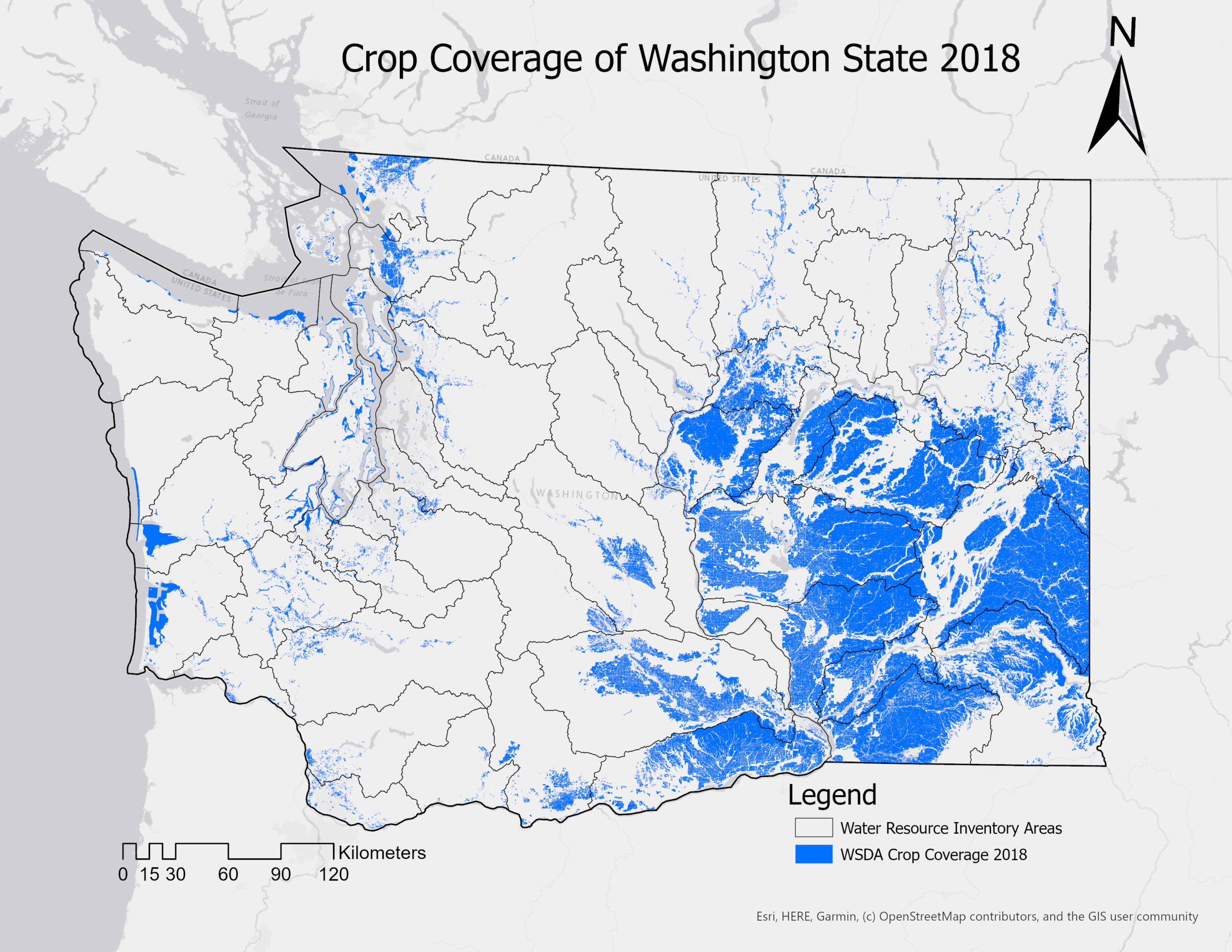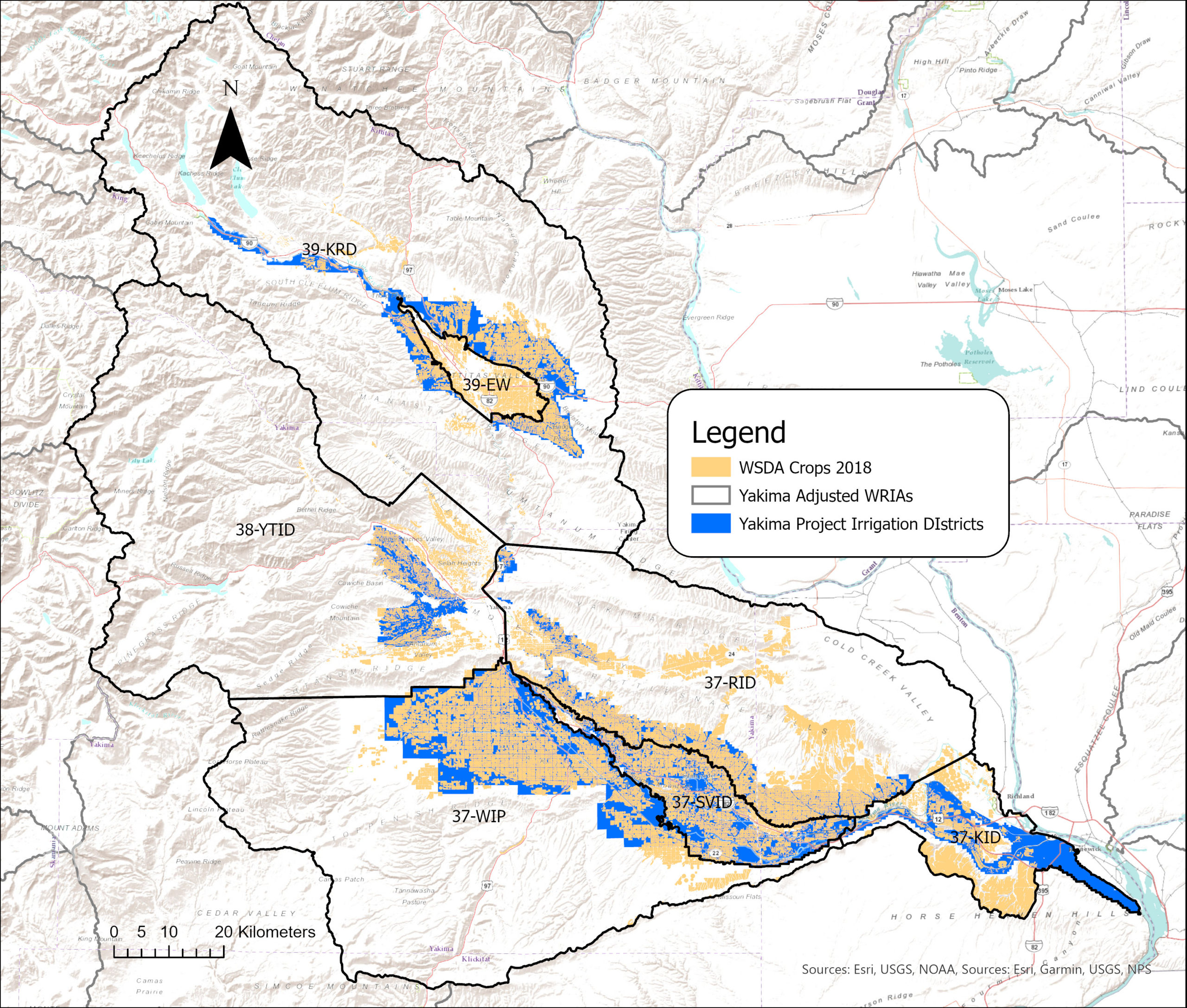
Just Transitions
Categories: Collaborative
Just Transitions aims to raise awareness of the tradeoffs involved in managing the Sacramento-San Joaquin Delta amid future droughts and rising sea levels. The project will facilitate community engagement through public dialogue to collaboratively design future scenarios. These future scenarios will cover a wide range of water management options during drought periods that focus on salinity. Using advanced modeling techniques, the project will visualize and analyze how these scenarios might unfold in the future, sharing results throughout the process with project participants. This participatory scenario planning process will emphasize co-learning through the exchange of dialogue and perspectives, while including voices and knowledge from underrepresented groups and communities.
The collaborative effort will
- Generate greater understanding of social-ecological systems and places impacted by Delta salinity and of how the Delta compares to other large social-ecological systems in response to change
- Create and investigate a diverse range of future data salinity scenarios that are responsive to diverse stakeholder and public input
- Curate a set of tools and research methods (i.e., simulations, scenarios, conceptual models) and associated data products (e.g., regional climate projects, model outputs that are accessible, transparent, and able to support inquiry-based co-learning about potential Delta salinity outcomes
- Promote shared understanding of different perspectives, values, forms of knowledge and lived experience, and create an open forum for dialogue on salinity management
- Facilitate transparent conversation and public education about what is knowable and manageable with respect to Delta salinity, and where uncertainties remain
- Understand what constrains consideration of different management approaches (e.g., physical, social, and policy constraints), what flexibility exists within those constraints, what would be necessary to exercise that flexibility, and what consequences that would have
- Gather information on diverse adaptation strategies and understand how different communities make decisions in response to changing water availability and quality, how they access nature, and how they address well-being in a changing climate
- Evaluate how individuals and institutions respond to, mitigate, adapt to, or reconcile with challenging tradeoffs in water resource management in a changing climate

The above model area
